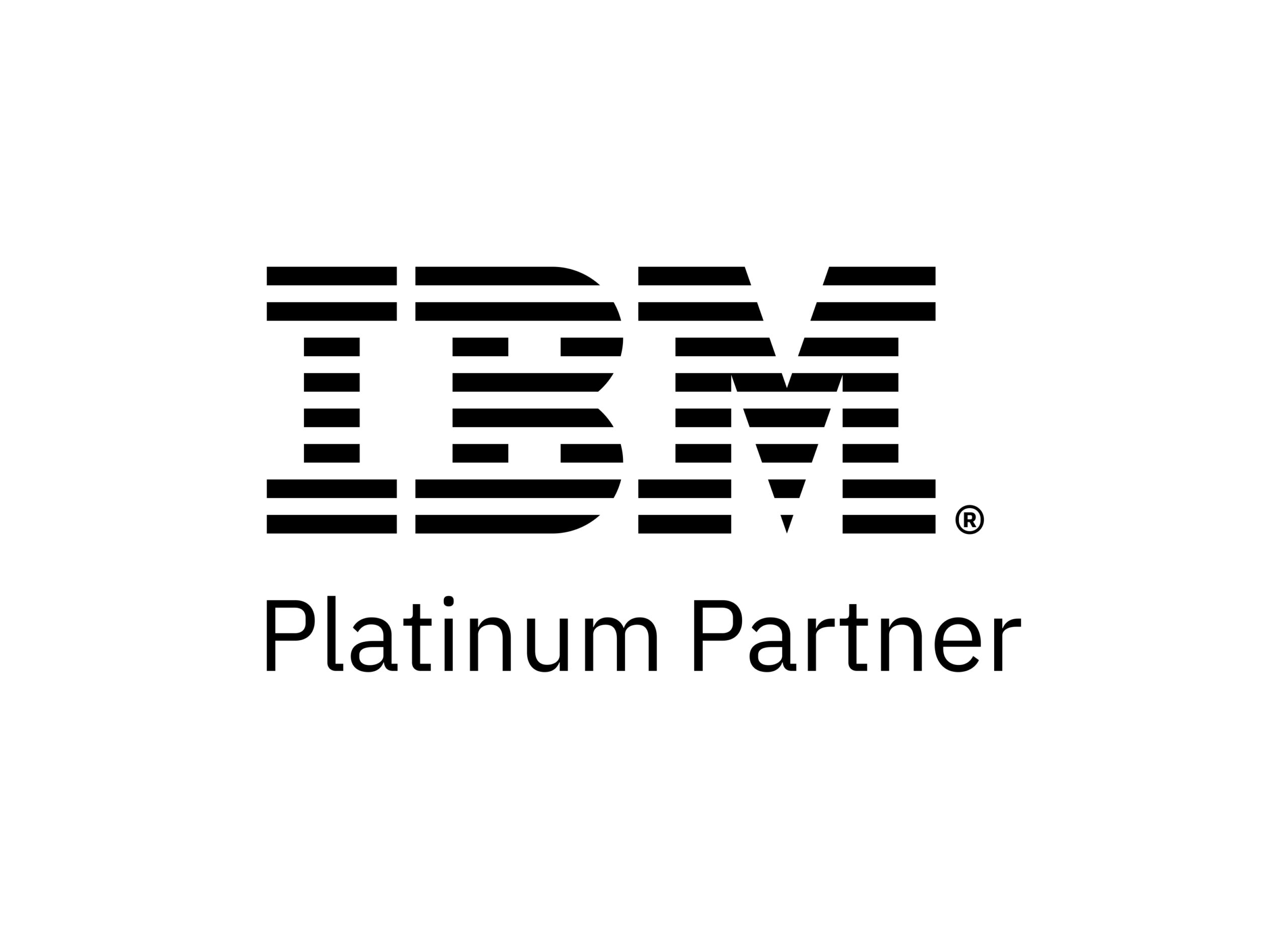7 Reasons to Use Cloud Over On-Premise File Sharing

7 Reasons to Use Cloud Over On-Premise File Sharing
If your business is trying to decide whether to send and share files on-premise or in the cloud, it’s important to not only know the difference between the two but the benefits of using the cloud. With the right solution, your company can migrate and deliver data, automate workflows, collaborate, and sync on important files.
On-premise file-sharing means using your company’s server within your organization’s infrastructure and, many times, physically onsite. Data and other information can be shared between computers through a local network. Using a cloud provider means that your company accesses services and manages file sharing through a hosted or managed service provider and you access through a web application.
From potential costs to security, here are the top seven reasons to use cloud over on-premise file sharing.
Sections
1. Low Costs
Deploying an on-premise infrastructure means investing a large amount of money on hardware, installation, software licensing fees, data backup, IT services, support, and more.
With a cloud provider, there are no massive upfront costs. There are usually monthly subscription fees you pay as you go. Any maintenance, software updates, security, or support all comes with the fees already paid for. Many providers include a lot of storage in base subscriptions, along with increased security and file sharing. Overall, cloud costs are less than the amount of money your company would spend for on-premise costs over a 2-5 year period.
2. Multi-Layered Security
With on-premise file sharing, your company will be responsible for creating a security system to support it. This requires security expertise, constant monitoring, and maintenance.
Cloud security has never been better. Top cloud providers offer comprehensive security that includes items like:
- Access control systems
- Encryption for data in transit and at rest
- Network protection
- Data redundancy
- Suspicious login and activity monitoring
- Global cybersecurity experts
3. Compliance
Staying compliant means special knowledge and expertise, which can be costly with an on-premise infrastructure. This means continuously monitoring systems and logins, creating incident procedures, and using data encryptions. If something happens, the responsibility falls on your business.
Top cloud providers have teams of experts who are compliant in important industries like health, government, finance, education, manufacturing, and media. This can also include groups of government, regulators, standard bodies, and non-governmental organizations. With these high levels of compliant certifications, you can ensure your business files and data are compliant with your industry’s regulations.
4. Scalability
As your business scales, on-premise infrastructures that can no longer handle a changing workload will need to be adjusted for it by adding new hardware and software and increased memory and computing power. This requires money, labor, expertise, and more.
In the cloud, businesses can scale workloads using built-in features. It’s easy to scale with them, dramatically cutting overhead costs associated with monitoring and scaling resources manually.
5. Reliability
On-premise requires power and backup power, as well as a storage backup system. Sharing over on-premise also limits access to only those working in an office, excluding many remote workers or remote stakeholders in your business.
A good, reliable internet connection is crucial to using cloud storage. Without a connection, you may not be able to access your files. A slow connection can be daunting. Make sure you’re happy with your internet connection before investing in cloud storage or find a provider that does not compromise the bandwidth of your internet.
6. Remote Access
As mentioned, on-premise infrastructure for file sharing excludes anyone that may be remote, whether that’s teammates, stakeholders, or clients. While VPNs can help, they can be slow, costly, and unreliable. They’re also not secure as the infected endpoint can easily compromise corporate systems.
Cloud is referred to as the “backbone” of remote work. Your employees have access to a virtual desktop where anything they do in the office can be done through a cloud server. It also makes it easier for running applications that always need to be up and available. This makes for easy file sharing, real-time collaboration, and better version control.
7. Share Large Files
If you share smaller files or are sharing with internal teams, on-premise sharing can be fast. But if you’re frequently transferring large files long distances to external stakeholders it can raise issues.
With a cloud provider, you can share large files over great distances without compromising data. Cloud-based file transfer solutions ride on accelerated networks that use less throttle and faster transfer speeds to anywhere in the world with an internet connection.
Cloud File Sharing Using Aspera
Built on the award-winning FASP protocol, Aspera is one of the most secure cloud storage services on the market. It has been used in various industries from media and entertainment to banking and finances.
An alternative to FTP server software, it helps transfer and deliver files, eliminating any bottlenecks and risks associated with other providers. This helps your business move large files and data at maximum speed, regardless of the distance. Aspera uses available bandwidth without impacting other business-critical network traffic.
Aspera helps you:
- Transfer any type of file at any size
- Deliver speeds up to hundreds of times faster than FTP and HTTP
- Send data of any size and virtually unlimited bitrate video
- Migrate and transfer 100 TB of data per day
PacGenesis can help your organization plan out a deployment model in either scenario and help ensure the best trade-offs for your workflow requirements.
Learn More About Aspera from PacGenesis
If you’re looking for a cloud provider to help transfer files at your business, consider contacting our team at PacGenesis to learn about Aspera. As an IBM Gold-status partner with over 10 years of experience helping organizations adopt file transfer solutions. We can help your business by answering any questions or concerns you may have.
To learn more about PacGenesis, follow @PacGenesis on Facebook, Twitter, and LinkedIn, or visit us at pacgenesis.com.



